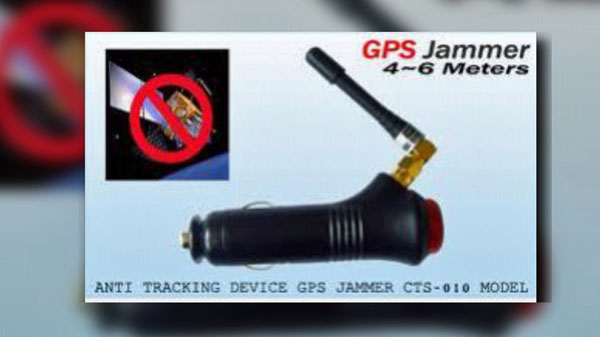SEATTLE - The Federal Communications Commission says it's trying to stop the jamming of Global Positioning System and cell phone signals in the U.S.
Last week, the agency took its first enforcement action against an individual by fining a New Jersey man almost $32,000 in penalties for using a GPS jammer in his company-issued pickup truck, as a way to prevent his boss from tracking his movements through a GPS antenna attached to the truck.
The FCC said Gary Bojczak not only used a device that is considered illegal to import or use in the United States, but the jammer in his truck interfered with a new precision navigation system being installed and calibrated at Newark airport.
But the new Ground Based Augmentation System (GBAS) used at Newark and one other airport in Houston, Texas, is just one of a growing number of systems that use the precise GPS signals in modern aviation.
The Federal Aviation Administration says as planes and airports rely more and more on GPS signals, it will maintain at least half of its radar network as a backup system against things like GPS interference from jammers.
For pilots, the loss of a GPS signal will show up as a flag on cockpit equipment and force a go around and another shot at an airport, often using a more traditional and different technology with less precision than that offered by GPS, which adds risk.


